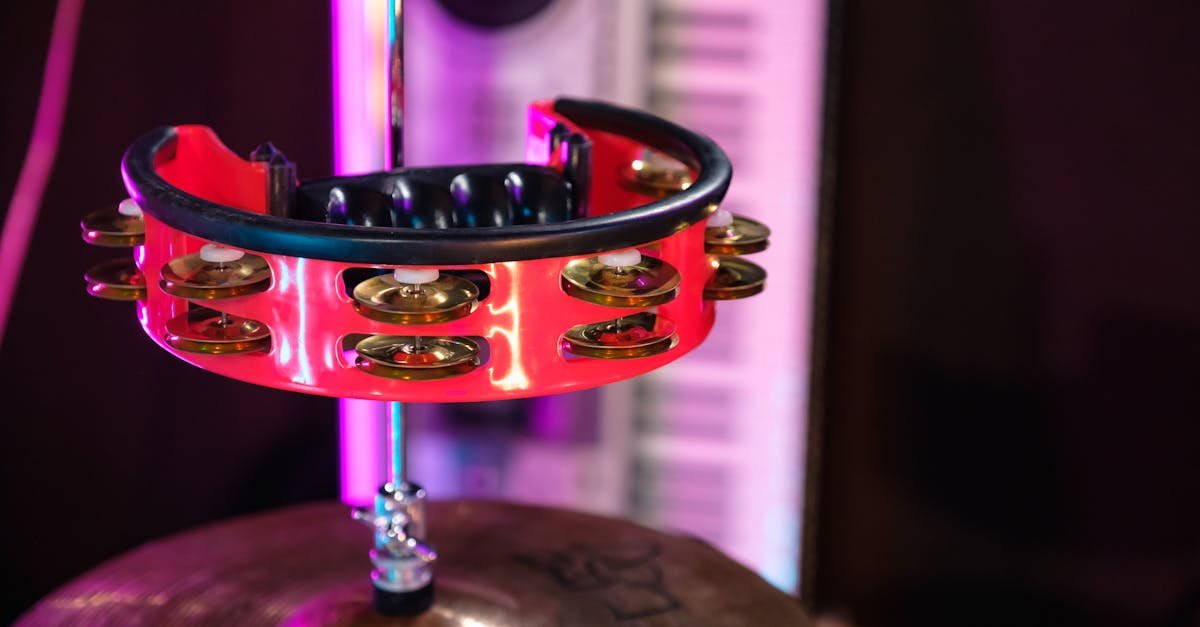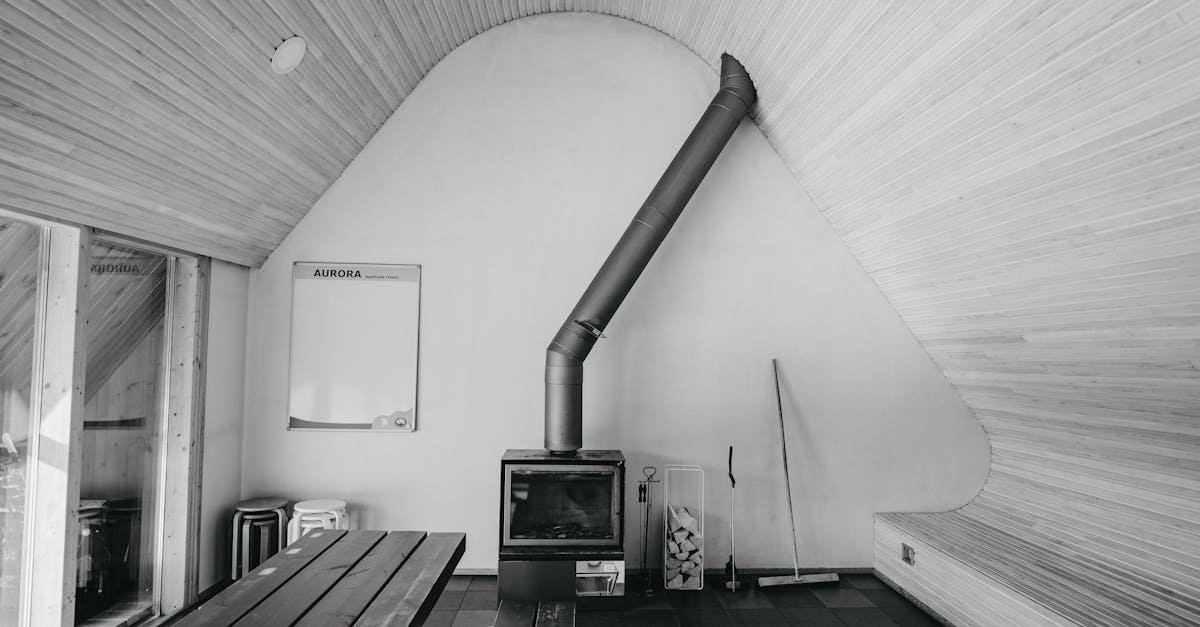To reduce noise from electric baseboards, start by ensuring they’re properly installed and leveled. Loose or improperly fitted units can vibrate and create unwanted sounds. Also, consider adding soundproofing materials like acoustic panels or insulation around the baseboard to absorb noise.
Regular maintenance is crucial too. Dust and debris can accumulate, leading to rattling or buzzing sounds. Cleaning the units and checking for any loose components can significantly minimize noise. If the problem persists, you might want to consult a professional to assess the system and explore options for quieter models.
Understanding Electric Baseboard Noise
Electric baseboard heaters offer efficient heating but can create noise that disrupts your comfort. Knowing where this noise originates can help you address the issue effectively.
Common Sources of Noise
- Expansion and Contraction: Metal components expand and contract when the heater operates. This process produces clicking, buzzing, or popping sounds as the metal fins and elements heat up or cool down.
- Installation Issues: Poor installation can lead to noise. If the heating element isn’t secured properly or the heater sits on an uneven surface, it creates uneven pressure. This misalignment can result in humming or buzzing sounds while the heater operates.
- Loose Parts: Over time, screws or parts may become loose. This can lead to vibrations that produce rattling or squeaking noises during operation. Regular checks can help catch these issues early.
- Air Movement: Moving air through the heater can produce noise. If there’s dust or debris in the system, it may lead to whistling sounds as the air tries to pass through.
Effects of Noise on Comfort
Noise from electric baseboard heaters can disrupt your relaxation and sleep. Persistent sounds can lead to irritation and distract you from daily activities. Studies show that constant or loud noises can negatively impact your mental well-being.
In a living space, the presence of noise can create a feeling of unease. For instance, you’re trying to read or watch television, but the constant clicking and buzzing make it difficult to concentrate. Ensuring a quieter environment enhances comfort, promotes relaxation, and contributes to a better quality of life.
Understanding these aspects of electric baseboard noise helps you create a more peaceful and inviting home.
Techniques for Electric Baseboard Noise Reduction
You can effectively reduce noise from electric baseboard heaters through specific techniques. Implementing these methods can lead to a quieter and more comfortable home.
Insulation Methods
Insulation works wonders in reducing noise. Consider installing sound-absorbing insulation materials around your baseboard heaters. Many options exist, like fiberglass or foam boards. These materials minimize sound transmission and absorb noise from heating elements.
Another effective method is sealing gaps and cracks around the heaters. Use caulk or insulation tape to fill these spaces. Ensuring that your baseboards are airtight limits noise caused by air movement, helping create a peaceful environment.
Soundproofing Solutions
Soundproofing can significantly decrease noise. Acoustic panels are a popular choice. Placing these behind the heaters helps absorb sound waves effectively.
You might also explore soundproofing curtains or blankets. Hanging these near your baseboards can dampen noise and boost insulation. Ensure that the material is heavy enough to block sound effectively. Consider using carpet or rugs as well. They absorb sound and reduce echoes in the room.
Each of these methods contributes to a quieter atmosphere. Combining insulation and soundproofing will yield the best results, creating a serene space in your home.
Product Recommendations for Noise Reduction
You can effectively reduce noise from electric baseboard heaters by using the right products and materials. Consider the following recommendations.
Top Insulating Materials
- Fiberglass Insulation: This material absorbs sound well. Install it around the baseboard to limit noise transmission.
- Foam Board Insulation: Use this lightweight option to reduce sound between the heater and the wall. It helps trap sound and maintains efficiency.
- Acoustic Panels: Hang these on nearby walls to diminish echo. They work by absorbing sound waves, making your space quieter.
- Soundproofing Curtains: Hang these over windows to reduce outside noise. The heavy fabric dampens sound entering your home.
- Acoustic Caulk: Use this flexible sealant to fill gaps around baseboards. It blocks sound passages and reduces noise.
- Mass Loaded Vinyl (MLV): Apply this dense material to walls or floors near the heaters. MLV increases sound blockage significantly.
- Rug Pads: Place these under rugs to absorb sound. They cushion the floor and prevent noise from footsteps.
- Noise-Reducing Strips: Install these along the bottom of the baseboards. They limit gaps and minimize noise from air movement.
Carry out these products to create a quieter home environment. Regular maintenance and installation adjustments also enhance effectiveness.
Professional Solutions
Professional solutions can effectively tackle persistent noise issues from electric baseboard heaters. If DIY methods don’t yield results, it’s time to reach out for expert help.
When to Hire an Expert
Hiring an expert becomes essential when noise persists even though your efforts. If the baseboard heaters emit loud, disruptive sounds, a professional assessment might identify underlying problems. Situations like installation errors or voltage mismatches often require specialized knowledge. If you notice signs of damage or significant wear, such as frayed wires or melted components, contacting a licensed technician can ensure safety and efficiency.
Cost Considerations
Understanding costs is crucial. Professional assessments may vary widely. Typical rates range from $50 to $150 per hour, depending on the technician’s expertise and location. Repair costs might include labor, parts replacement, and possible system upgrades. Budgeting for these services can prevent unforeseen expenses. Remember, investing in quality repairs often leads to long-term savings by reducing energy bills and increasing comfort.
Conclusion
Reducing noise from electric baseboards can significantly enhance your home’s comfort. By focusing on proper installation and regular maintenance you can minimize disruptive sounds that interfere with your relaxation. Incorporating soundproofing materials like acoustic panels and insulation not only absorbs noise but also contributes to a more peaceful environment.
If you’ve tried DIY methods without success don’t hesitate to consult a professional. They can provide valuable insights and solutions tailored to your specific situation. Investing in these strategies ensures a quieter home and can lead to long-term savings on energy bills. Embrace these techniques to create a serene space where you can truly unwind.








